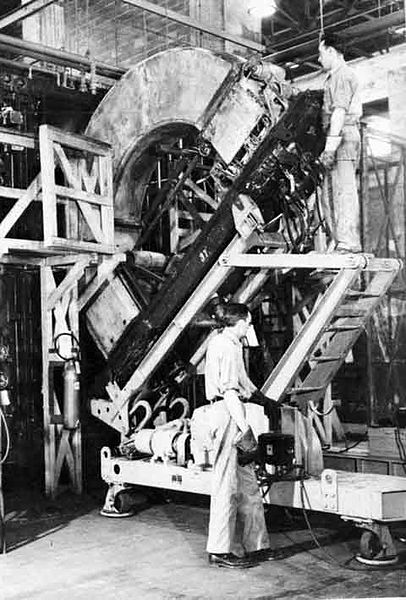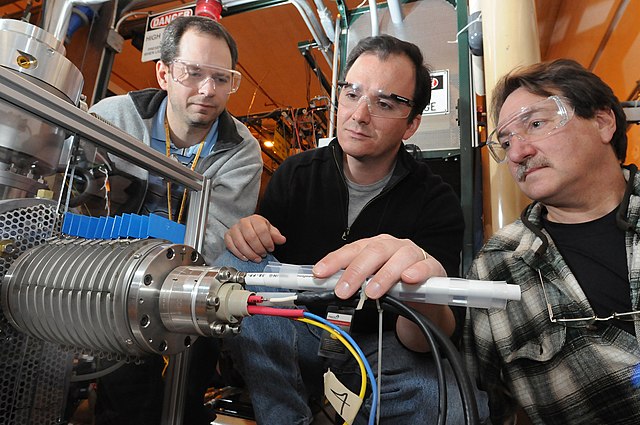Infinite photos and videos for every Wiki article ·
Find something interesting to watch in seconds
Kings of France
Rare Coins
Celebrities
Sports
Largest Palaces
Richest US Counties
Countries of the World
Supercars
Great Cities
Ancient Marvels
Presidents
Best Campuses
Wonders of Nature
Largest Empires
History by Country
Crown Jewels
British Monarchs
World Banknotes
Orders and Medals
Great Artists
Wars and Battles
Recovered Treasures
Great Museums
Animals
Tallest Buildings
Famous Castles
more top lists






